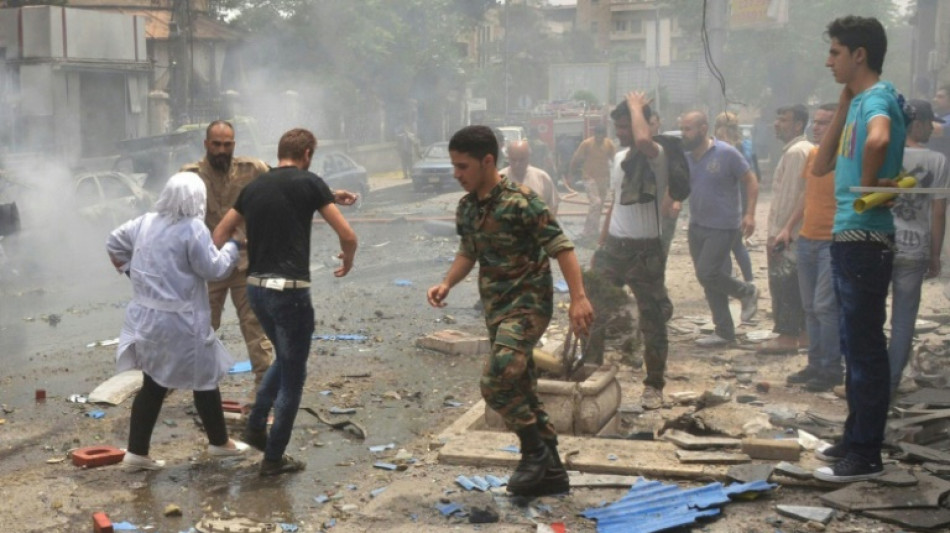
The battle for Aleppo

Following are key moments in the battle for Aleppo, the former commercial capital of Syria, since civil war broke out in March 2011.
- First demos -
- April-May 2011: Thousands of students demonstrate in Aleppo, a northern city that had been spared the sort of violent protests that erupted elsewhere in the country. The demos are swiftly crushed by students who back the regime of President Bashar al-Assad and security forces.
- Aleppo drawn into war -
- July 20, 2012: Fierce fighting breaks out between the army and rebels of the Free Syrian Army (FSA), a group comprised of civilians and army deserters, in several city districts.
In August, troops backed by heavy artillery and warplanes secure central Christian neighbourhoods after a two-week offensive.
Since then, the city has been divided between loyalist districts in the west and rebel-controlled areas in the east. Each side has tried to wear the other down.
Aleppo province has become a theatre of operations for most of the factions fighting in Syria's war.
They include the Islamic State (IS) group, the Al-Qaeda affiliated Al-Nusra Front, various rebel groups, the army and pro-regime militias, Lebanese Hezbollah fighters and Kurdish militiamen.
- January 15, 2013: More than 80 people are killed in an Aleppo university massacre over which the regime and rebels accuse each other of responsibility.
- City landmarks destroyed -
- April 24, 2013: Months of fighting around the Ummayad mosque destroys its minaret, an architectural and cultural landmark. Both sides blame the other for the destruction.
Other landmarks that have suffered are the souk, which was partially destroyed by fire in September 2012, and the UNESCO-listed citadel, which was damaged by a blast in July 2015.
- Barrel bombs -
- December 15, 2013: Regime attacks air strikes using "barrel bombs" on rebel districts kill 76 people, according to the Syrian Observatory for Human Rights. The bombs are made of TNT packed into oil drums that are dropped from the air.
In late July 2014, Human Rights Watch says the number of neighbourhoods hit by barrel bombs has almost doubled in five months, causing almost 1,700 deaths.
- Shredding the ceasefire -
- February 1, 2016: The regime launches an offensive against the rebels in Aleppo province backed by Hezbollah fighters and Russian aircraft. More than 500 people are killed in 10 days, according to the Observatory. The rebels are squeezed between regime forces and unfriendly fighters from the IS and Kurdish groups, and suffer a string of defeats.
- February 27: A "cessation of hostilities" is declared but it excludes IS and Al-Nusra Front. Warplanes begin to strike rebel-held areas of Aleppo again on March 11.
- April 22: The ceasefire is effectively destroyed by the start of large-scale regime raids in Aleppo. Since then, more than 250 civilians have been killed, mostly by barrel bombs.
- May 3: A rebel coalition goes on the offensive in pro-regime areas of Aleppo.
- France's UN ambassador Francois Delattre says Aleppo "is to Syria what Sarajevo was to Bosnia".
- May 4: Fierce fighting rages in Aleppo and regime raids hit rebel regions.
Since April 22, more than 280 people have died in the unrest, according to the Observatory.
(U.Beriyev--DTZ)
